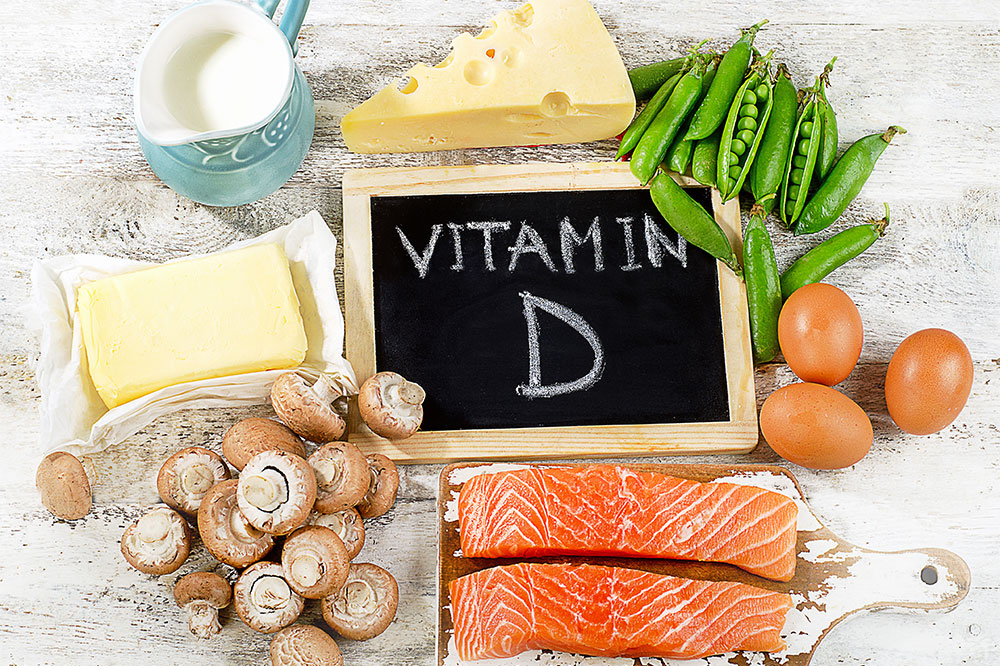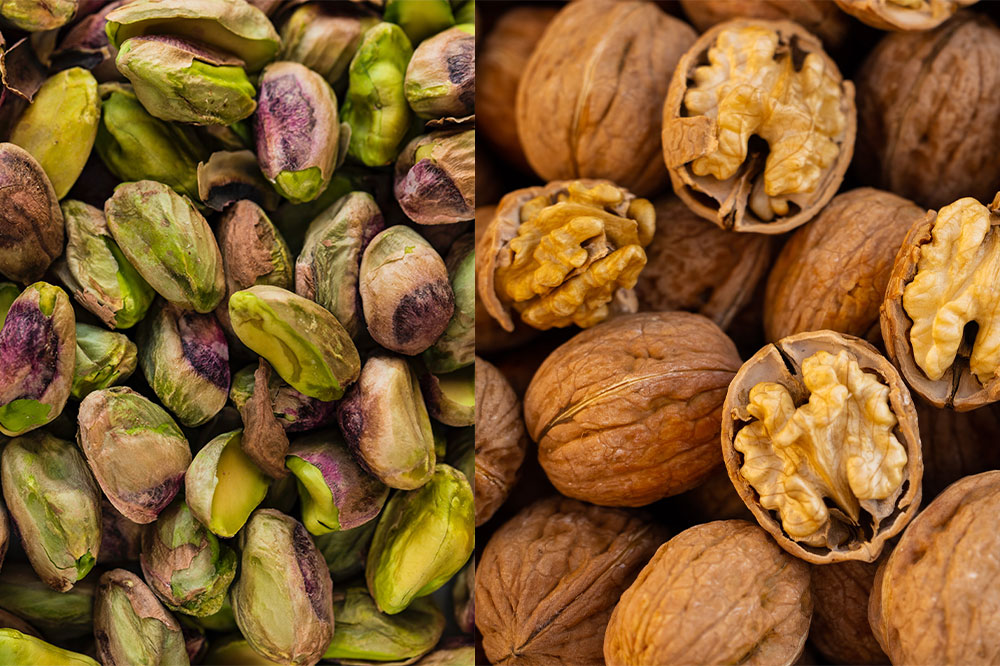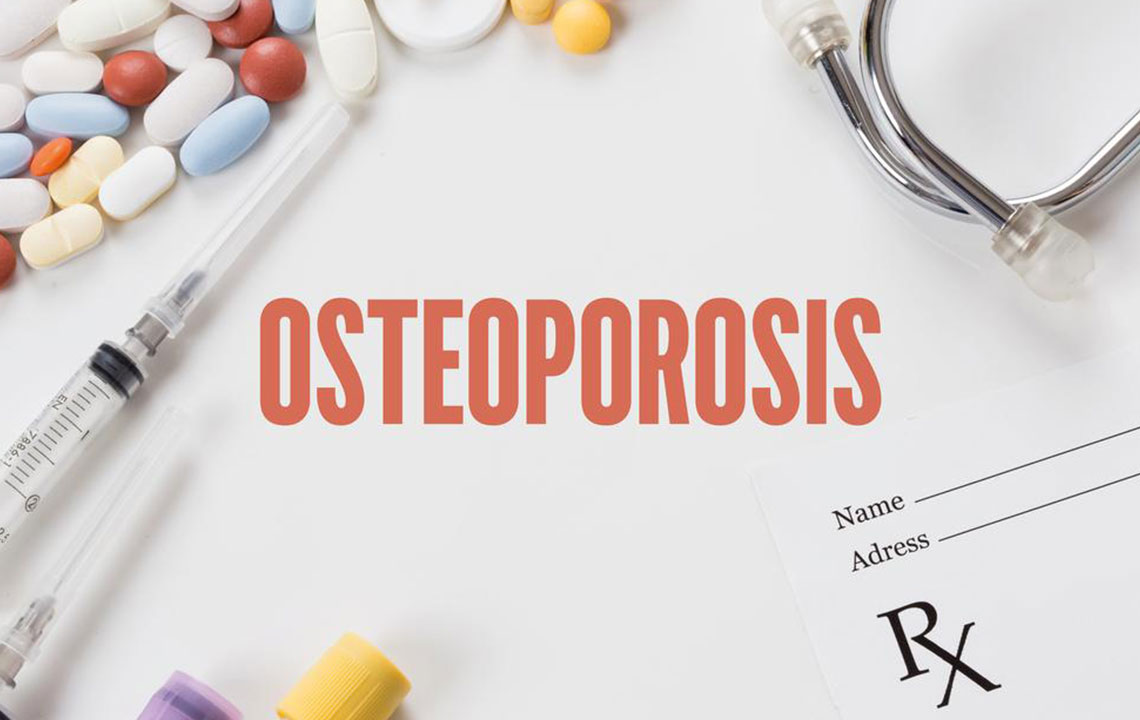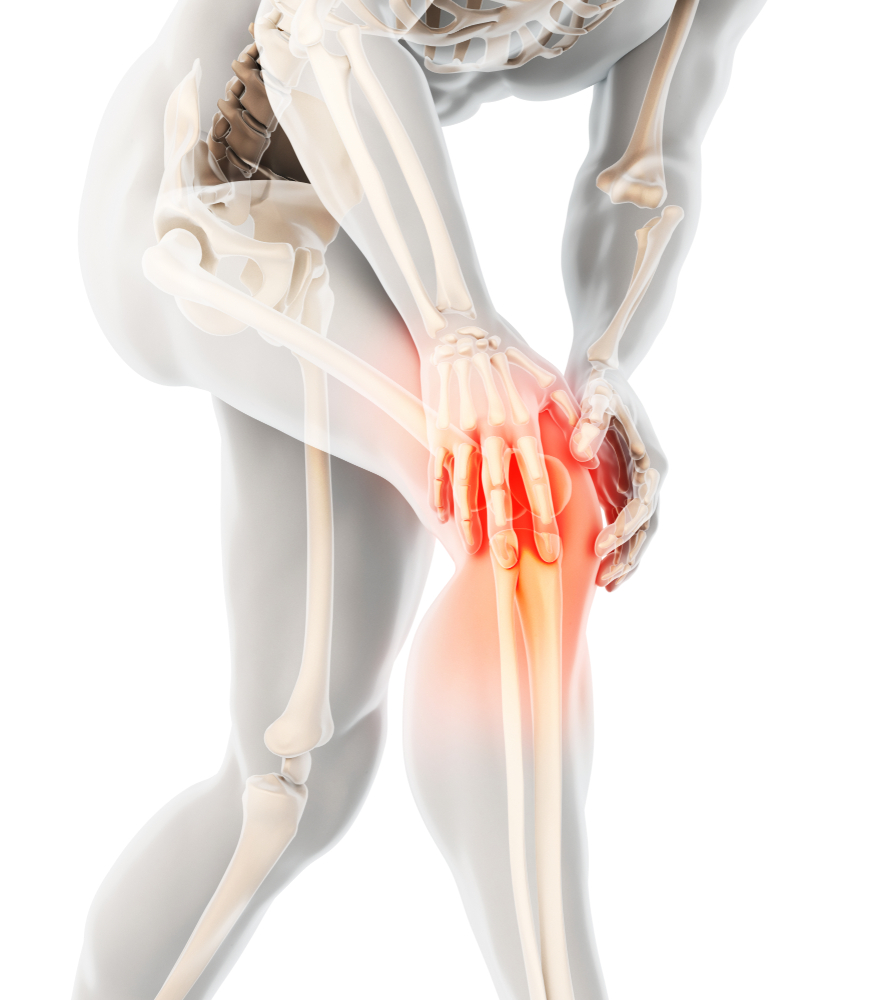Comprehensive Guide to Nutrients and Foods for Effective Osteoporosis Management
This comprehensive guide explores the crucial nutrients and dietary habits for preventing and managing osteoporosis. It highlights key foods like dairy, lean meats, fish, fruits, and vegetables that promote bone strength, while advising on foods to limit such as high-sodium and sugary items. By integrating these dietary strategies with a healthy lifestyle, individuals can effectively support their bone health, reduce fracture risks, and improve overall skeletal resilience. This detailed advice is essential for aging populations and those at risk of osteoporosis or seeking preventive measures.
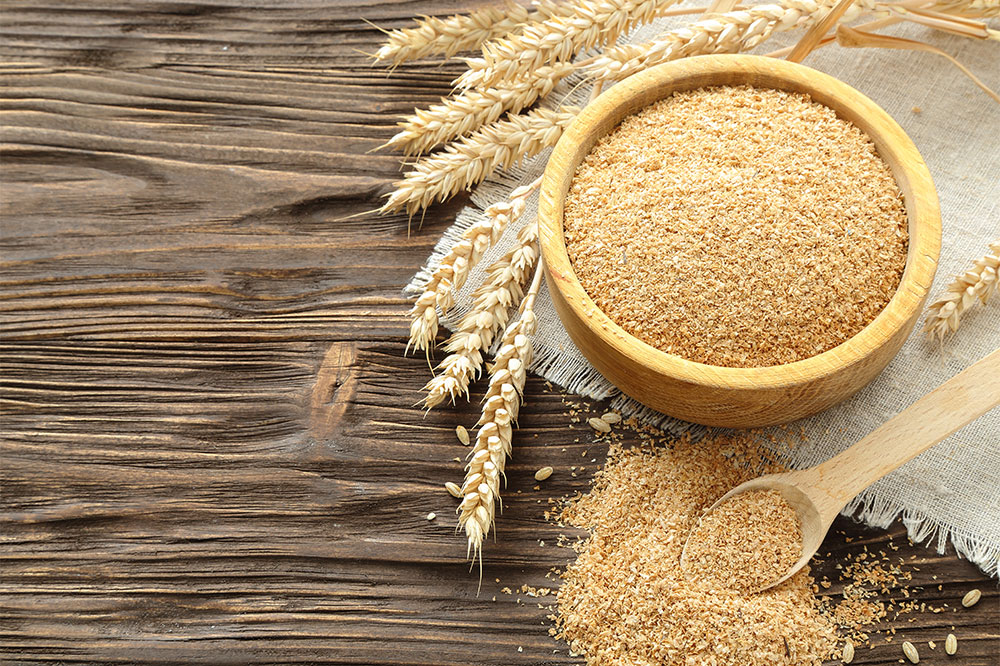
Key Nutritional Strategies and Dietary Choices for Preventing and Managing Osteoporosis
Osteoporosis is a widespread condition characterized by decreased bone density and increased fragility, leading to a higher risk of fractures. While medication and lifestyle changes are vital, nutrition plays a crucial role in both preventing osteoporosis and slowing its progression. A well-balanced diet rich in specific nutrients can strengthen bones, improve their resilience, and support overall skeletal health. In this comprehensive guide, we explore the essential foods, nutrients, and dietary habits that can help maintain healthy bones and reduce the risk of osteoporosis-related fractures.
Emphasizing Bone-Strengthening Foods
Calcium-Rich Dairy Products
Dairy products such as milk, yogurt, cheese, and kefir are among the most important foods for osteoporosis prevention. They provide high-quality calcium, a mineral fundamental to maintaining bone density and strength. Calcium works by enabling the development of new bone tissue and preserving existing bone mass. Regular consumption of dairy ensures a steady intake of this vital mineral, which can help stave off osteoporosis as we age.
To maximize benefits, aim for at least one serving of dairy daily. Besides calcium, dairy products offer other nutrients beneficial for bone health, including phosphorus, magnesium, vitamin D, and proteins essential for tissue repair and growth. For individuals with lactose intolerance or dairy allergies, fortified plant-based alternatives such as almond milk, soy milk, or oat milk can serve as suitable substitutes, especially those enriched with calcium and vitamin D.
Incorporating dairy into daily meals is a simple yet effective step toward stronger bones. From a glass of milk with breakfast to a serving of cheese as a snack, these foods can be easily integrated into your diet to support skeletal health.
Protein Sources That Support Bone Integrity
Proteins are crucial for maintaining the structural matrix of bones. Adequate protein intake promotes bone remodeling and repair. Lean meats, poultry without skin, and fatty fish like salmon, mackerel, and tuna provide high-quality protein that nourishes bones without excess saturated fats. Fish is especially beneficial due to its omega-3 fatty acids, which have anti-inflammatory properties aiding in bone health.
Including a variety of protein sources ensures sufficient amino acids for bone tissue synthesis. Vegetarians can obtain protein from legumes, tofu, tempeh, and dairy options. Ensuring adequate protein intake is equally important for older adults, who are more susceptible to osteoporosis and often experience decreased muscle mass, which further weakens bones.
Fruits and Vegetables Rich in Bone-Boosting Nutrients
Fruits and vegetables are packed with antioxidants, vitamins, and minerals vital for bone health. Green leafy vegetables like spinach, kale, and collard greens are excellent sources of calcium, magnesium, and vitamin K—nutrients essential for bone mineralization. Citrus fruits such as oranges and grapefruits provide vitamin C, which supports collagen formation in bones.
Cranberries, prunes, berries, mushrooms, and sweet potatoes offer antioxidants that combat oxidative stress, a factor contributing to bone loss. Potassium-rich foods like bananas and oranges help neutralize urinary acids that can leach calcium from bones. Including a colorful variety of fruits and vegetables daily can dramatically improve bone density and overall skeletal resilience.
Foods and Habits to Limit or Avoid for Optimal Bone Health
High-Sodium Foods
Excessive salt consumption can increase calcium excretion through urine, leading to decreased bone density over time. Limiting processed snacks, canned soups, cured meats, and salty condiments is an effective way to reduce sodium intake. When cooking, try to use herbs, spices, or other flavorings instead of salt to enhance taste without compromising bone health.
Sugar-Laden Foods and Beverages
Foods high in added sugars, such as pastries, candies, ice creams, and sugary drinks, offer little nutritional benefit and may contribute to weight gain and cardiovascular problems. Routine consumption of sugary foods can interfere with calcium absorption and affect bone remodeling. Opt for natural sweeteners and limit sugary treats to promote better bone health.
Caffeinated Beverages
Although moderate coffee consumption has potential health benefits, excessive caffeine intake might hinder calcium absorption and negatively influence bone density. Limiting coffee, tea, energy drinks, and caffeinated sodas is advisable, especially for those at higher risk of osteoporosis. Balance caffeine intake with calcium-rich foods to mitigate adverse effects.
In conclusion, maintaining a balanced diet rich in essential nutrients while limiting harmful foods is a strategic approach to osteoporosis management. Alongside other lifestyle factors like weight-bearing exercises, sunlight exposure, and avoiding smoking and excessive alcohol, diet plays a pivotal role in preserving bone health for the long term.
